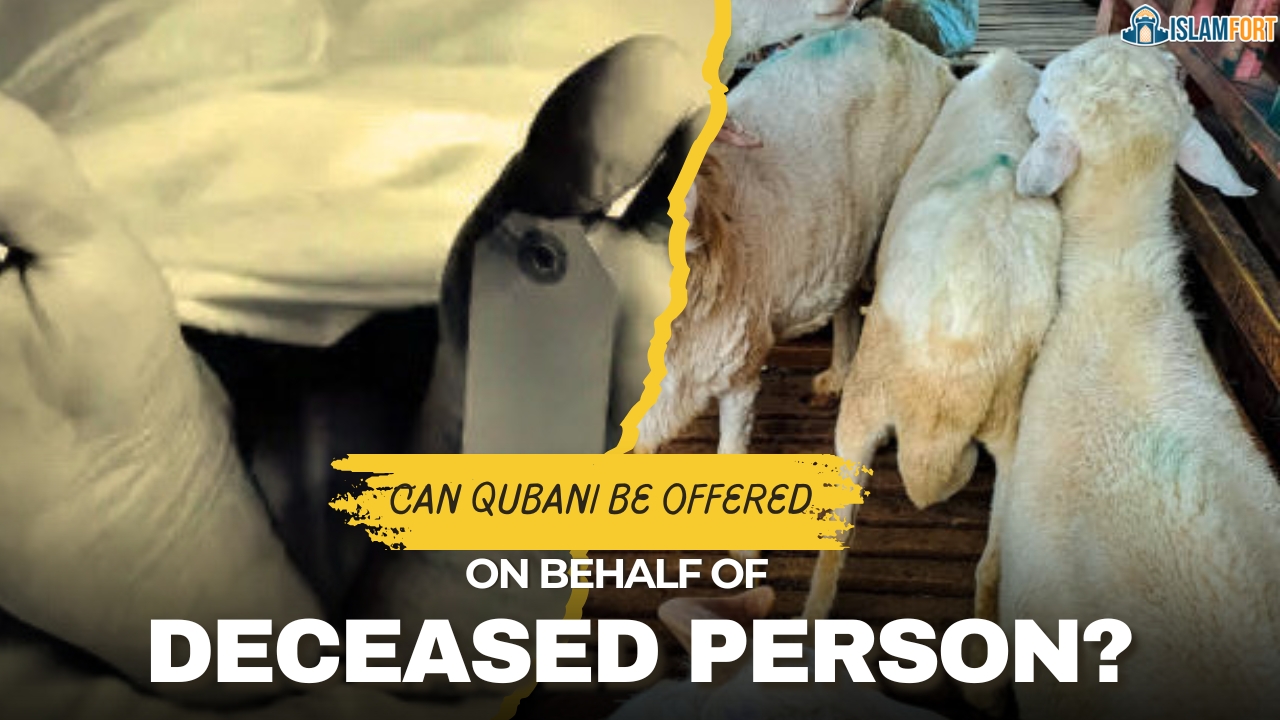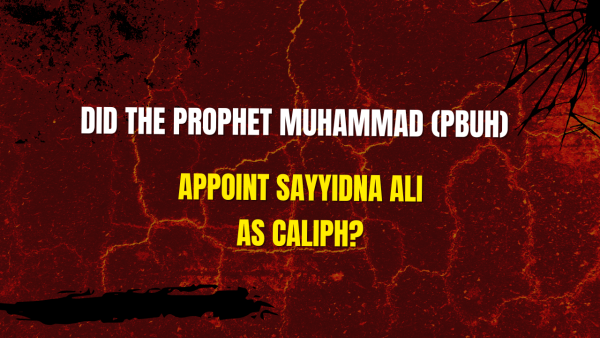Offering a separate Qurbani specifically on behalf of a deceased person is not established through any authentic hadith, and the majority of scholars do not permit it. Most scholars from Saudi Arabia and the Indian subcontinent hold the view that, since there is no authentic narration to support it, a separate Qurbani for the deceased should not be performed.
However, some scholars do allow it — and based on my research, I am inclined toward this opinion.(Allah knows best). There are three reasons behind this inclination:
Qurbani is a Financial Act of Worship
Firstly, Qurbani is a financial act of worship (‘Ibadah Maliyah). Financial acts of worship can also be performed on behalf of others. For example:
●Hajj
●Umrah
●Sadaqah (charity)
●Building a mosque
●Digging a well
All these are acts of worship that can be done on behalf of someone else — unlike physical acts of worship, such as:
●Performing salah (prayer)
●Reciting the Qur’an (to pass on reward)
Scholars have generally ruled that physical worship cannot be done on behalf of another person. For example, one cannot perform prayer for someone else, nor can one recite the Qur’an to transfer the reward, as these are bodily acts of worship.
Exception for Fasting
From among physical acts of worship, only fasting is the exception. If a person dies and has missed some obligatory fasts (e.g., a parent), then the heir is required to make up for them. However voluntary fasts or prayers cannot be performed on someone else’s behalf.
On the other hand, financial worship is permitted on behalf of others. This includes:
●Giving charity
●Performing Hajj or Umrah on their behalf
Representation (Niyabah) in Qurbani
Furthermore, Qurbani is also a financial act of worship where delegation is allowed. For instance, a person can say to someone else, “Please perform the Qurbani on my behalf.” This proves that representation (Niyabah) is valid in this act.
Additionally, many scholars agree that Qurbani is a Sunnah, not a compulsory act — which adds to its flexibility.
So here, we have three important points combined:
1.Qurbani is a financial act of worship.
2.It allows representation.
3.It is a Sunnah act, not obligatory.
A Reasonable Room for Permissibility
Based on these three principles, it seems reasonable to say that Qurbani can be offered on behalf of the deceased. If someone from among the heirs or caretakers wishes to offer Qurbani for their deceased parents or loved ones, there is scope for permissibility, in shā’ Allāh.
Scholarly Disagreement
That said, it must be clarified that this is a disputed issue, and a large number of scholars do not support the practice — simply because it is not established by any sahih hadith.
However, we should also remember: that constructing a mosque or doing other charitable acts for someone who has passed away is also not directly proven from authentic hadiths — yet scholars allow these actions based on underlying principles. The same principles apply here:
●It’s a financial act
●It allows representation
Final Clarification
To conclude: This is a matter of scholarly disagreement. A significant number of scholars do not permit Qurbani on behalf of a deceased person. But if someone still chooses to do so, in my view, there is a valid basis for allowance. And Allah knows best













Leave a Reply